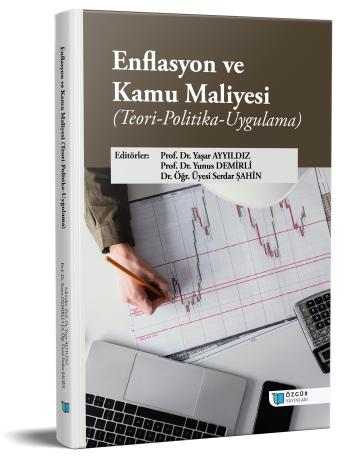
Differences in Accounting Practices and Their Effects on Financial Statements During High Inflation Periods
Chapter from the book:
Ayyıldız,
Y.
&
Demirli,
Y.
&
Şahin,
S.
(eds.)
2024.
Inflation and Public Finance (Theory-Policy-Practice).
Synopsis
High inflation periods in the world economy create significant changes in the financial reporting and financial management practices of businesses. Especially in countries like Turkey that frequently experience inflation, regulations regarding inflation accounting have an important place. In this context, various regulations have been developed in order for businesses to reflect their financial situations as close as possible to reality. In Turkey, for this purpose, there are provisions regarding inflation accounting in the Turkish Accounting Standard No. 29 (TMS-29) and the Tax Procedure Law (VUK). Although these two regulations have adopted significantly similar approaches, since they were created for different purposes, they also include different approaches that affect the financial reporting processes of businesses during high inflation periods. In this study, the fundamental differences between the inflation accounting practices of TMS-29 and the Tax Procedure Law have been analyzed and the reasons for the differences that can be observed between the financial statements created with two different approaches during high inflation periods have been clarified.

